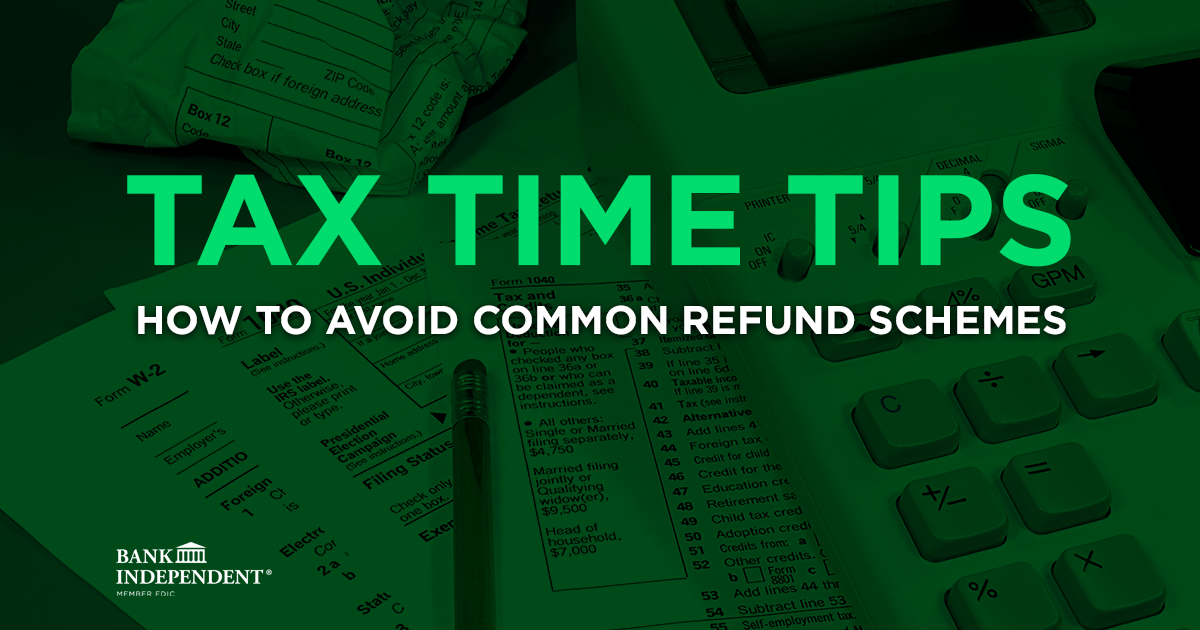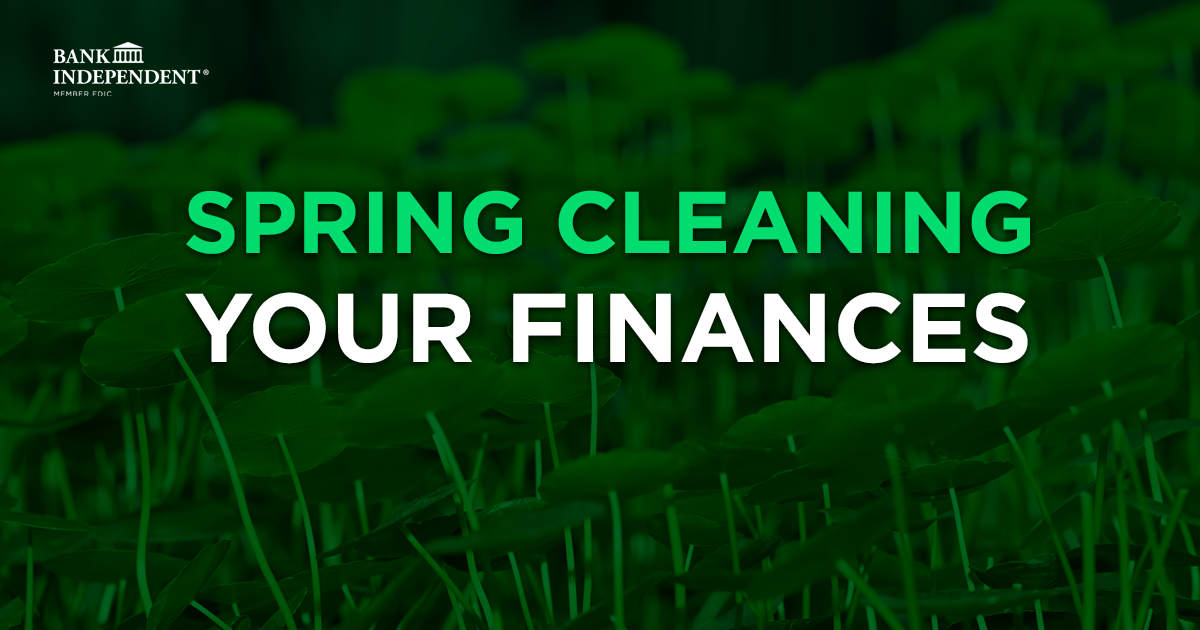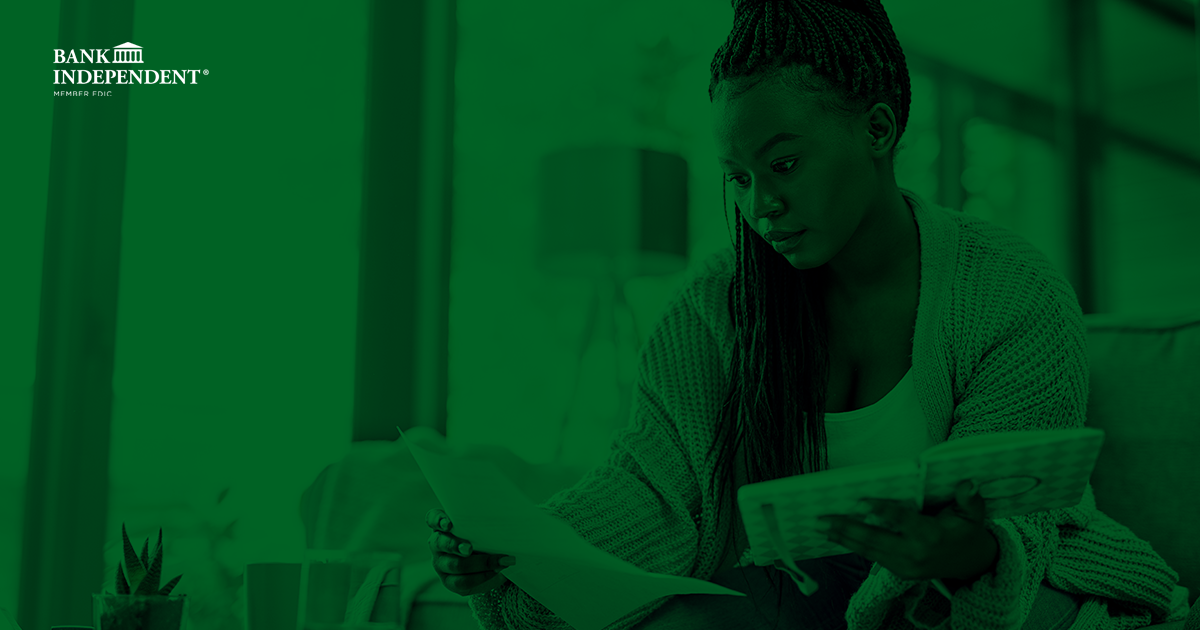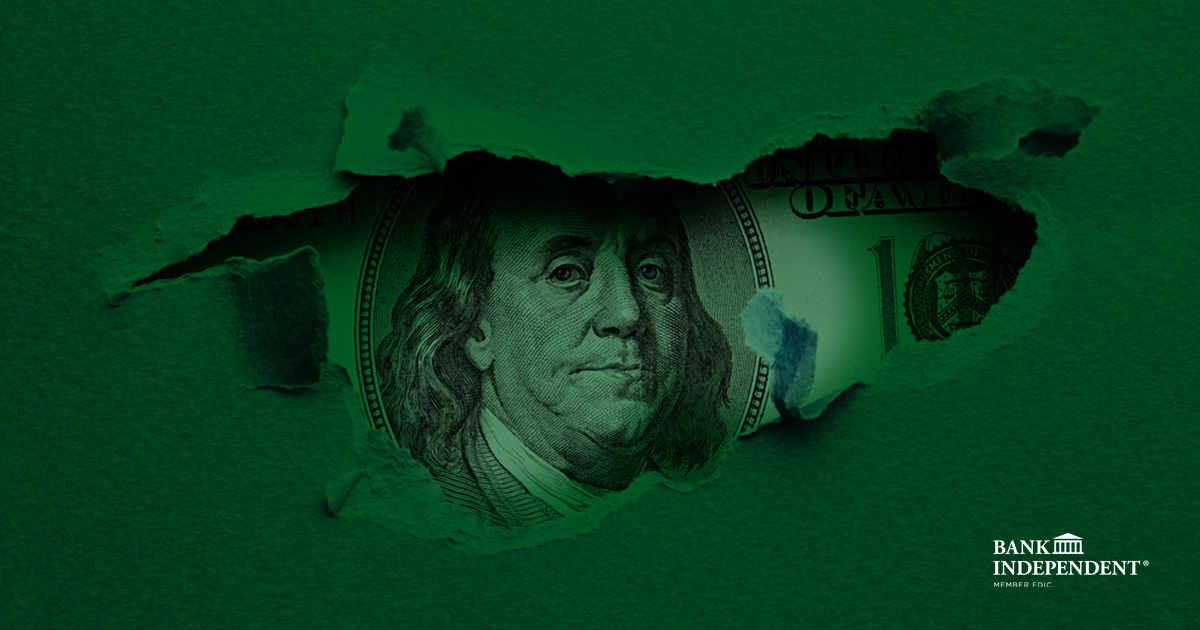Credit cards can be a useful tool when it comes to managing finances and building credit. However, it’s important to use them responsibly in order to avoid getting into harmful debt and damaging your credit score. In this blog, we’ll discuss the importance of credit card responsibility and provide some tips on how to use your credit cards wisely.
Every day, thousands of people fall victim to fraudulent emails, texts, and calls from scammers pretending to be their bank. And in this time of expanded online and mobile banking use, the problem is only worsening. The Federal Trade Commission’s report on fraud estimates that American consumers lost a staggering $8.8 billion to phishing scams and other fraud in 2022—an increase of more than 65% over 2021.
Managing your money is a critical skill that everyone needs to learn. Unfortunately, most of us are not taught how to do it effectively. The good news is that managing your finances is a skill that you can learn. In this blog post, we'll explore what you already know about managing your money and what you can learn to become a master of your finances.
The Importance of Data Privacy: Best Practices for Keeping Your Information Secure
Cybersecurity is always an important topic, especially when it comes to banking. Check out this curated list of our previous blog posts to learn how you can protect yourself and how Bank Independent protects you every day.
As a younger millennial or Gen Z, you may be wondering how to build credit.
You may be concerned that you don't have enough experience or credit history to get started. But there are still plenty of ways to establish good credit and start building a solid credit history.
When it comes to mortgages, there's a lot of confusing terminology and acronyms. It can be tough to keep track of it all, especially when you're focused on finding the best mortgage for your needs. But it's important to have a basic understanding of what is included your mortgage payment each month, so you can budget for it properly.
Tax season tends to stir up all kinds of emotions for us, some good, some bad, and some downright crazy. From the thrill of a possible tax refund to the dread of an audit, now's a time for us to focus on staying protected.
Spring feels like a time for renewal and fresh starts, and why not use that feeling as an opportunity to reassess your financial habits?
So, you've decided to go to college. Education is one of the most important investments you can make in your future. But before you start packing your bags, there's one more thing you need to take care of, your student loans.
Boost Your Bank Balance: Clever Methods to Grow a Healthy Savings Account
Let's talk about something that can be as crushing as it is rewarding: our bank accounts. A healthy bank balance isn't just a number, it's a source of pride and a way to provide financial stability for yourself and your family.










